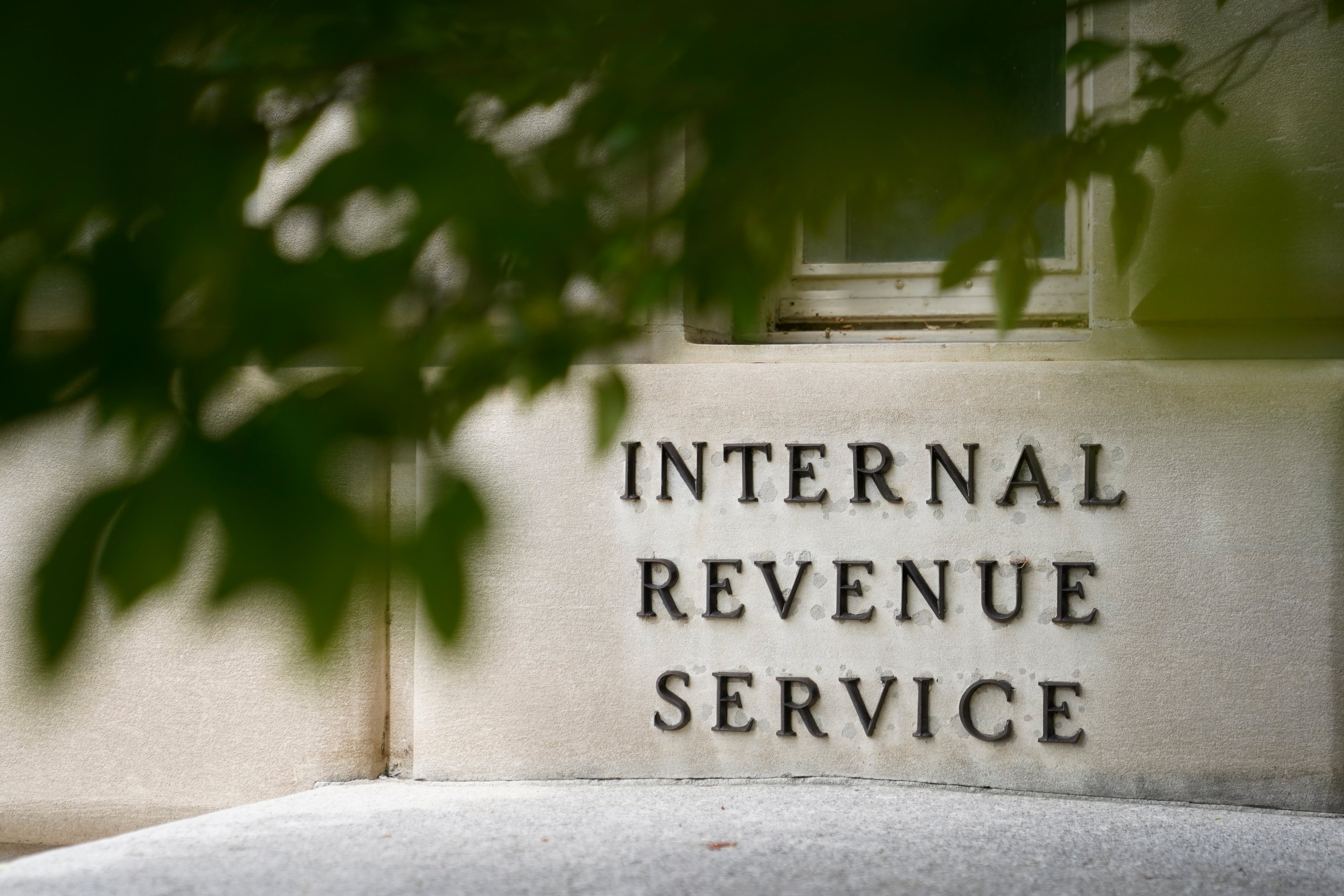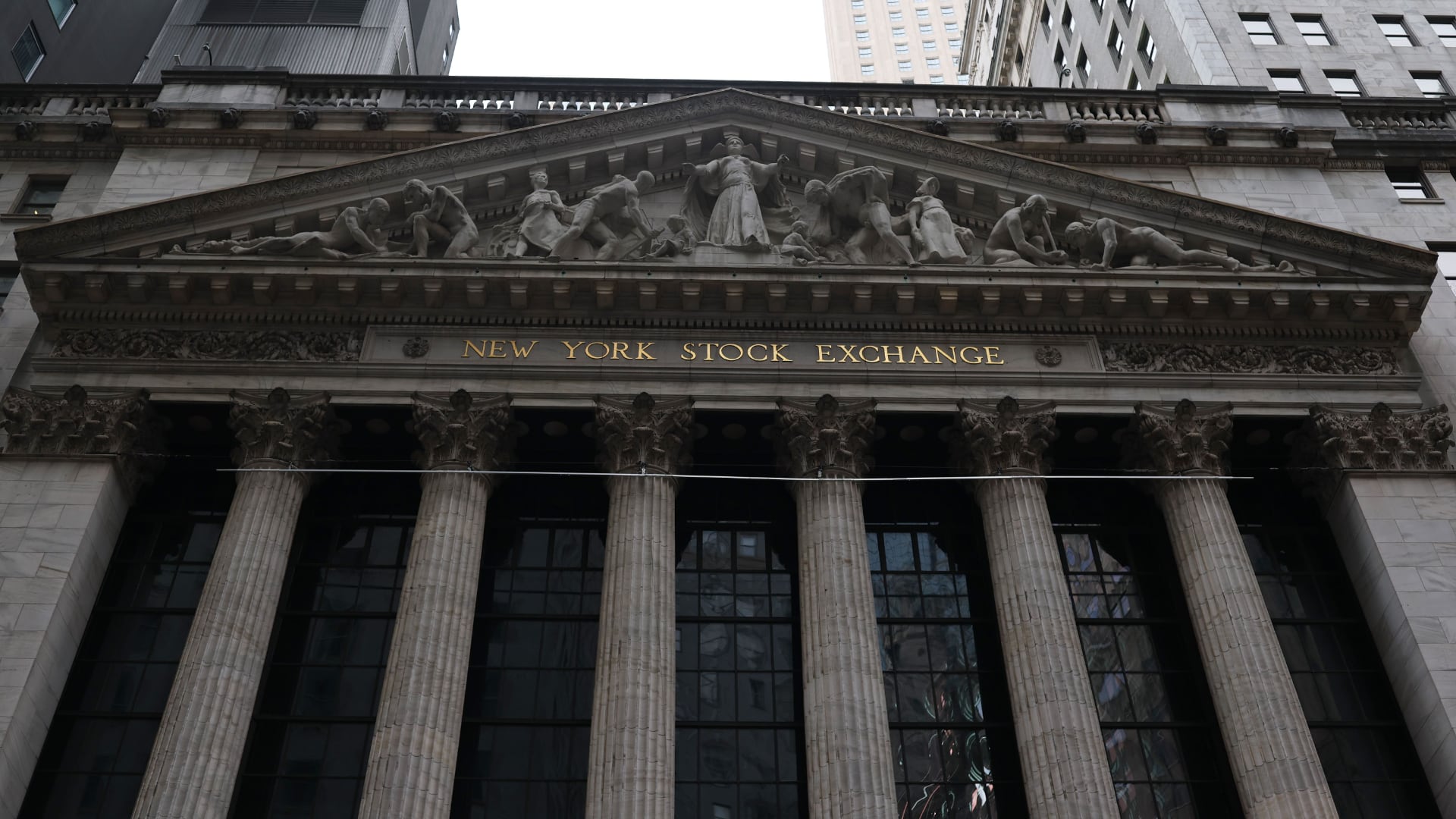*By Tanaya Macheel and Jacqueline Corba* Cryptocurrency is drawing more interest from retail investors on the Robinhood stock trading app than even the Snap IPO. The crypto market in fact is so popular it's becoming something of a gateway drug for users who then move on to Robinhood’s institutional product offerings, said co-CEO Vlad Tenev. "People have been finding out about Robinhood through crypto, and then they've been adopting our other products like equities and option, said Tenev told Cheddar on Thursday. "The day we announced crypto, [trading activity] was much bigger than that day. That was a big day, but we've also seen continuous and sustained growth.” A typical day is now significantly more active, he added, not just in terms of trading, but also in people opening new accounts. The fintech start-up is now valued at $5.6 billion, after its latest funding round closed in March. In total, Robinhood has raised $539 million in capital from investors including DST Global, NEA, Index, and Sequoia. The platform now boasts four million users in the U.S. and availability across 16 states, though it plans to make it available nationwide this year. "We're trying to work as quickly as we can to get the necessary licenses in every state. Hopefully we'll make a significant chunk if not all of them by the end of this year,” Tenev said. In New York State, the Department of Financial Services is making its way through a bottleneck of BitLicense applications. This week [it granted one to Square](https://www.bloomberg.com/news/articles/2018-06-18/square-jumps-after-receiving-new-york-virtual-currency-license), one of Robinhood’s biggest competitors in the crypto buying and selling business, and last week it issued one to bitcoin wallet Xapo. On Wednesday Bloomberg reported that Robinhood was also in talks with regulators about [pursuing a banking license](https://www.bloomberg.com/news/articles/2018-06-20/robinhood-is-said-to-discuss-bank-products-with-regulators), which would allow the fintech firm to expand its suite of financial services to include bank-like products like savings accounts. That’s a move that has become increasingly common among single-use case fintech companies as they try to grow and retain their customer base for the long term. SoFi and Moven, for example, have expressed their intent in the past year to pursue a license. So [has Square](https://techcrunch.com/2017/09/06/square-will-apply-for-an-industrial-loan-company-license-this-week/), whose crypto services live within its peer-to-peer payments app, Cash App, [as well as Coinbase](https://www.wsj.com/articles/cryptocurrency-firms-explore-getting-bank-licenses-1526635800), one of the oldest wallets and bitcoin services brands in the in the crypto space. Tenev declined to disclose any details of Robinhood’s interactions with regulators or specify how it plans to expand its offerings. "We've got a lot of things in the works at any given time.” "We've cemented our place as the best value, lowest cost provider in the market,” he said. If Robinhood does want to forge a path into banking, he said, this would give the company a leg up on Coinbase, which charges higher fees for comparable services, as well as competing industry incumbents like Fidelity or Schwab who could be forced by more customer-centric, low-to-no-fee companies to start competing more on price. "We want everyone with a smartphone to be able to use the financial system,” Tenev said. For the full interview, [click here](https://cheddar.com/videos/robinhood-ceo-talks-next-steps-new-york-awards-square-a-bitlicense).












